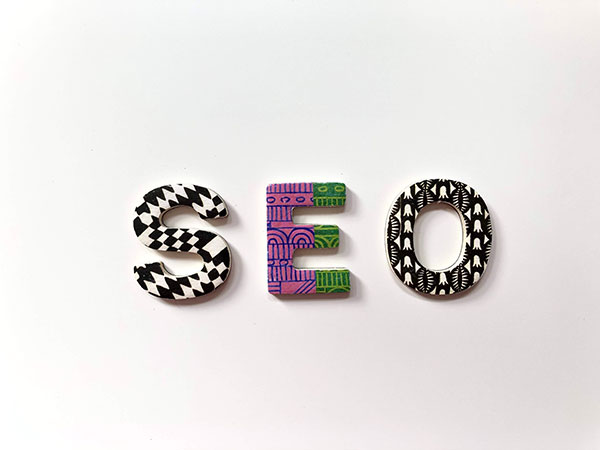Getting your head around Search Engine Optimisation (SEO) can be a little overwhelming. There are many factors that go into determining whether your website and content is sufficiently ‘optimised’. It can include everything from ensuring your blog posts meet Google’s quality radar guidelines, tagging and embedding your videos correctly, to understanding whether your content can be used for voice or image search.
While SEO is an expansive marketing specialisation you can spend many hours studying, here are some fundamentals for SEO in 2021.
On-page SEO
On-page SEO means optimising everything you can read on your website for search engines. While SEO is always expanding and changing in many areas, the basic keyword search matching remains a constant. In Google’s own words, “The most basic signal that information is relevant is when a webpage contains the same keywords as a search query”. At an ‘entry’ SEO level, this means writing clear content with your keywords in the first 100 words. At a more advanced level it means using the right HTML tags in your content so Google can understand the structure of the text (i.e. what is a heading and what isn’t), having a seamless user experience so users can easily navigate your content, optimising your URLS so they centre around keywords and ensuring your title and description tags are relevant.
Off-page SEO
Off-page SEO, in a nutshell, is what others think about your site. If you have many valuable links pointing to your website, search engines will rank your content as credible and valuable for users. So how can you work towards great backlinks to your site? It’s a long-term process that may include ensuring your content is easily shareable, using influencers, writing guests posts for other blogs and writing reviews or comments on other pages. Social media links and presence also play a big role in off-page SEO and are an important signal for search engines.

Technical SEO
Technical SEO is another component of ‘on-page-SEO’. In addition to searching for relevant content, search engines also rank websites on the user experience which is mostly informed by technical SEO. Technical SEO includes factors like having a fast website, organising your content in a logical, interlinked structure, using robot.txt files (these are files that give web robots directions on your website), ensuring you have no dead links, removing duplicated content, having a secure site (particularly if you take payments) and having a XML sitemap (a kind of road map for search engines).
Emerging SEO areas
While the areas above are always being tweaked based on the algorithms and processes search engines use, they have overall been fairly constant over the years. Two areas that are newer are visual search and voice search. This means using your camera (or an app like Google Lens) to search using images, or using Google Home or Siri to search by voice. Whilst they are still somewhat in their infancy—paying attention to the photos you have on your website and potentially using more conversational language for your content will help you in optimising your content for these types of searches. There’s still a lot to learn with these emerging searches though, so watch this space.